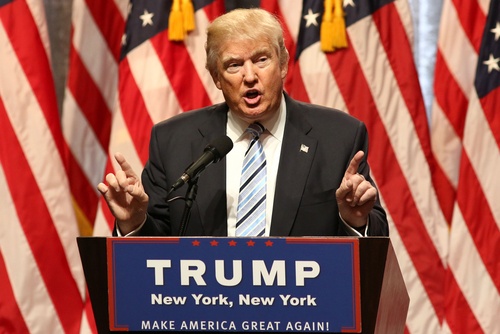Key Takeaways:
- President Trump calls for defunding PBS and NPR, citing bias.
- NPR CEO Katherine Maher denies political bias despite Democratic-heavy staff.
- Critics accuse Trump of authoritarian tactics.
- Debate centers on taxpayer funding for media with perceived bias.
Introduction: President Trump has reignited his push to defund PBS and NPR, alleging bias against conservative views. This move has sparked debate on taxpayer-funded media and First Amendment rights.
The Argument for Defunding: Critics argue that PBS and NPR exhibit a liberal bias, citing NPR’s Democratic-heavy editorial team. Rep. James Jordan highlighted that 87 editors are Democrats, questioning their objectivity, especially in covering stories like the Hunter Biden laptop.
The Defense: Supporters Rally Defenders, including MSNBC, claim Trump’s actions echo authoritarianism. They argue that defunding these outlets would stifle diverse public discourse, essential for democracy.
Maher’s Perspective on Truth NPR’s CEO, Katherine Maher, suggests that truth can be relative, emphasizing diverse perspectives. Her TED Talk comments drew comparisons to the biblical account of Pilate questioning Jesus, highlighting the importance of objective truth in American founding principles.
Taxpayer Funding Debate The issue mirrors past arts funding controversies, raising questions about whether taxpayers should fund content they disagree with. Sen. Jesse Helms’ analogy about public funding for controversial art resurfaces, questioning the use of public funds for potentially biased content.
Broader Free Speech Implications The debate underscores the balance between free speech and taxpayer responsibility. While PBS and NPR have First Amendment rights, the obligation of taxpayers to fund them remains contentious.
Conclusion: The controversy over funding PBS and NPR reflects broader tensions between media bias, taxpayer accountability, and free speech. As the debate continues, the role of public funding in media remains a critical issue.
This structured approach ensures clarity, engagement, and adherence to guidelines, providing readers with a comprehensive understanding of the issue.
